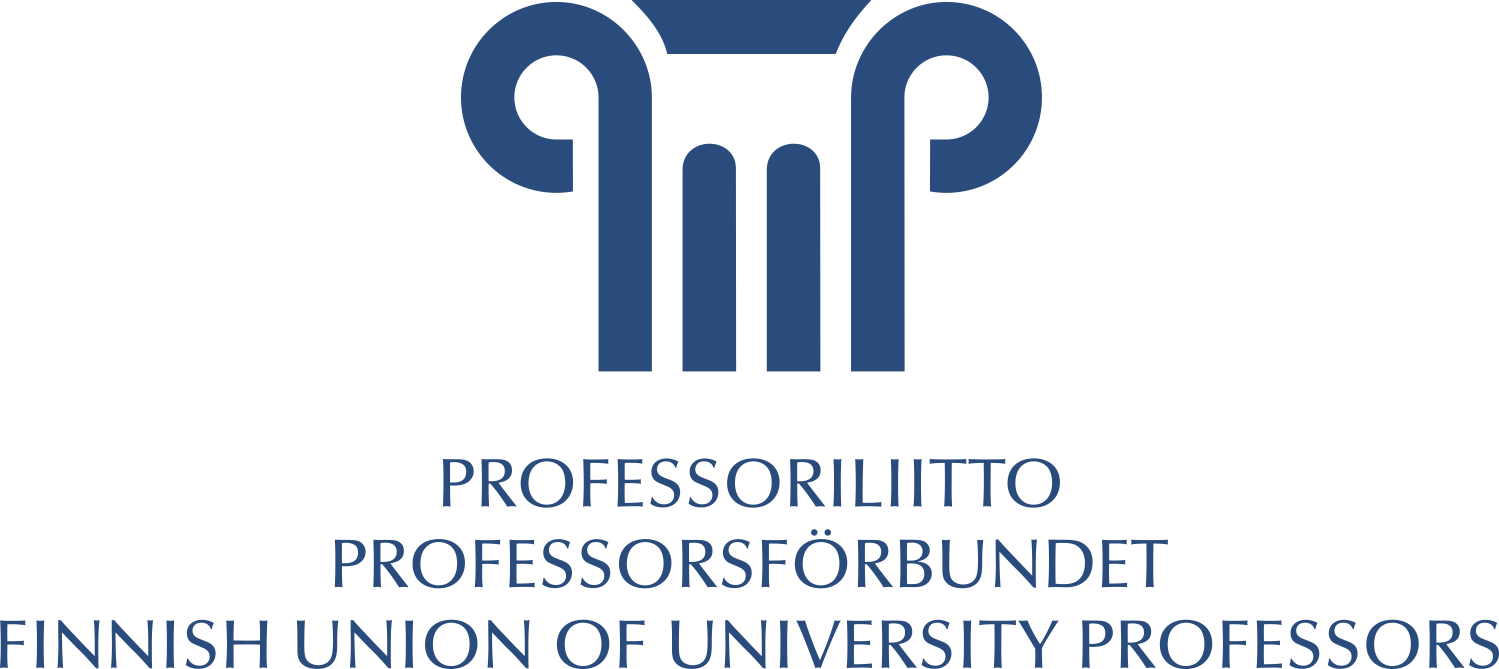Remote or real
Kirjoittanut
Howy JacobsWhen I first joined the faculty in Tampere, a high-point of every working week was the institute seminar. Except when they were away at some other meeting, all PIs attended every time, and so did their PhD students, postdocs and other associates. Nobody was formally compelled to attend. They did so because that was what everyone did, recognizing its inherent value and out of respect to the speakers, who were drawn from international expert scholars in fields of interest to the various research groups present. There was sufficient funding in the institute budget to cover speakers’ travel costs and hotel accommodation, as well as take them out to dinner with the local host and usually one or two of their graduate students. Much of the funding originated from Academy of Finland support to graduate schools, intended to promote research opportunities and to widen the intellectual horizons of PhD students who were not in a position to travel frequently to international conferences.
This tradition was not unique to Finland, though it was perhaps more prevalent in the life sciences than in some other disciplines, and was clearly of greatest importance in small venues far away from the main travel arteries. Yet it was also the norm in the institute in Scotland where I did my own PhD back in the 1970s, as well as in the places where I worked subsequently as a postdoc and then as an independent research fellow and junior faculty member. During those years, the responsibility for arranging the weekly seminar programme was rotated annually around the academic staff of the department. When it was my turn, I was expected to consult widely over possible speakers, issue invitations, help arrange travel, hospitality and reimbursement of expenses, produce and distribute posters and announcements, and introduce each week’s speaker personally. Naturally I didn’t know every invitee on a personal level, but quickly realized that it was an excellent way to get to know leading scientists from the various corners of my own country and beyond, and obtain stimulating feedback on my own research. Guiding speakers to recognize that they would be lecturing to a broad audience and what this entailed helped me develop such skills for myself. To ensure that we had enough money in the kitty to cover the costs of international speakers, I also took it upon myself to write begging letters to all kinds of commercial sponsors, government agencies and charitable organizations, and was astonished that I managed to raise quite a substantial budget for what was recognized as a very valuable ‘extramural activity’ in support of science and scholarship.
Through my institute’s various incarnations in Finland, this same tradition took root, and I felt well connected to the world of science, both nationally and internationally, despite being located in a city few people outside of Finland had ever heard of. Speakers were almost invariably delighted by the experience, both the enjoyment of visiting an ‘exotic’ new country or city for the first time, and the opportunity to develop new and potentially valuable scientific contacts.
Over the years, interest waned a little. The Academy-funded graduate schools were discontinued; institutes and departments were amalgamated into ever larger units, leading to a loss of identity and cohesion; the increasing number of staff and students with school-age kids to take care of led to a further drop-off in attendance. Low-cost air travel that, for some years, turned Tampere into a suburb of Cambridge, came and went. To counteract these trends, we introduced a serving of coffee and cakes, provided by the local student society. We experimented with shifting around the time of the seminar and with trying to co-ordinate the programme with other universities in Finland, so as to share costs. We secured the support of our dean to continue covering at least a minimum level of speaker expenses.
Then came the pandemic and everything changed. To enable some kind of a programme to continue, remote attendance replaced live seminars. It was a second-best, though for 2+ years it was the only option. But when the world came back to life, people had other priorities. Everyone had got
out of the habit and, for some months, were even a little afraid to attend mass events that weren’t quite officially sanctioned. Flight tickets and hotel stays had become much pricier and, even on a good day, university premises still felt half-empty. Hybrid format was introduced, enabling speakers to be invited without all the hassle and expense of travel, and allowing audience members to join, who found working from home amenable. But the resulting precipitous decline in live attendance greatly reduced interactions between speakers and audience, and cultivated a general feeling that seminars of this type are far less important that catching up from years of disrupted lab work, or staying on top of all of those bureaucratic tasks we love to hate. Space and staffing pressures meant that it was no longer possible to avoid timetable clashes with undergraduate teaching, resulting in further absences. As one dispirited colleague put it to me, it felt like people no longer cared about science.
This malaise was – and is – something that extends far beyond Finland. Colleagues in prestige institutes in London, Los Angeles and Heidelberg have reported similar trends. Most have ended up banning remote and hybrid seminars outright, as a way of trying to restore what we once had. Some other university departments in Finland have clung on to remote format as a last desperate way of maintaining any kind of audience at all.
For me, all the reasons for having a real-life seminar programme remain. We should be doing everything we can to revive what was once both routine and indispensable to academic life. I for one hope to play my part, striving to recover this very valuable tradition. Even if the funds to support it need to be somehow dug out from a seemingly impregnable rock-face of university budget comptrollers. To do this locally, I have recruited a small action group of eager postdocs and can-do administrative helpers.
Let’s at least try. If we don’t, something really important and valuable for Finnish academia could be lost for ever.

